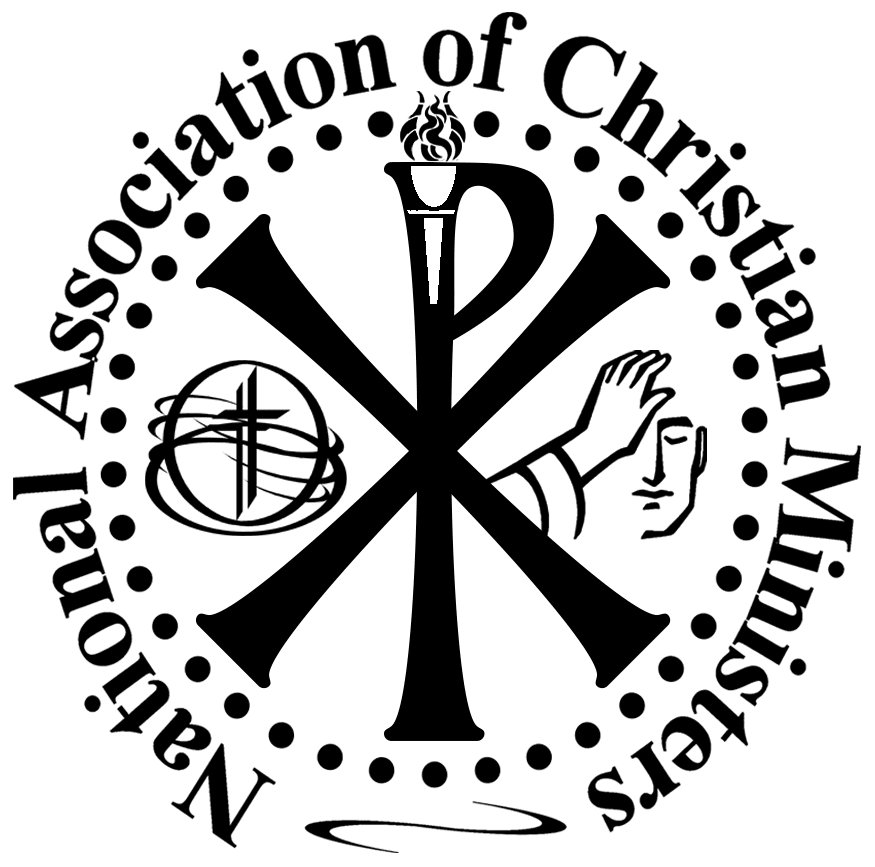
National Association of Christian Ministers Summary Series: Theology
By Michael Mooney, Exec. Elder
The Protestant perspective on praying to saints is rooted in Scripture.
Evangelical Christians emphasize the great access we have in communication with God through Jesus Christ, as opposed to seeking intercession from saints who were also sinners, and though alive spiritually, physically are powerless and dead. The Bible (Old and New Testament) never mentions, offers instruction, or even a single example of praying to saints.
Protestants believe in Sola Scriptura (Latin for ‘by scripture alone’) adhering strictly to Biblical teachings; thereby, viewing such practices as extrabiblical, not instructed by God, and pagan (at the very least).
In the Old Testament, the only thing close to praying to saints was when King Saul visited the witch at Endor to summon Samuel (who was dead) in 1st Samuel chapter 28. However, a natural reading of chapter 28 quickly points out that it was witchcraft, and in disobedience to God.
Something to keep in mind is that we should not say that people who pray to saints are engaging in witchcraft. To do so would not be fair to the misguided faith of Catholics. Rather, we should remind them of the authority of scripture, which states:
1Ti 2:1-6
(1) First of all, then, I urge that supplications, prayers, intercessions, and thanksgivings be made for all people,
(2) for kings and all who are in high positions, that we may lead a peaceful and quiet life, godly and dignified in every way.
(3) This is good, and it is pleasing in the sight of God our Savior,
(4) who desires all people to be saved and to come to the knowledge of the truth.
–> (5) For there is one God, and there is one mediator between God and men, the man Christ Jesus,
–> (6) who gave himself as a ransom for all, which is the testimony given at the proper time.




